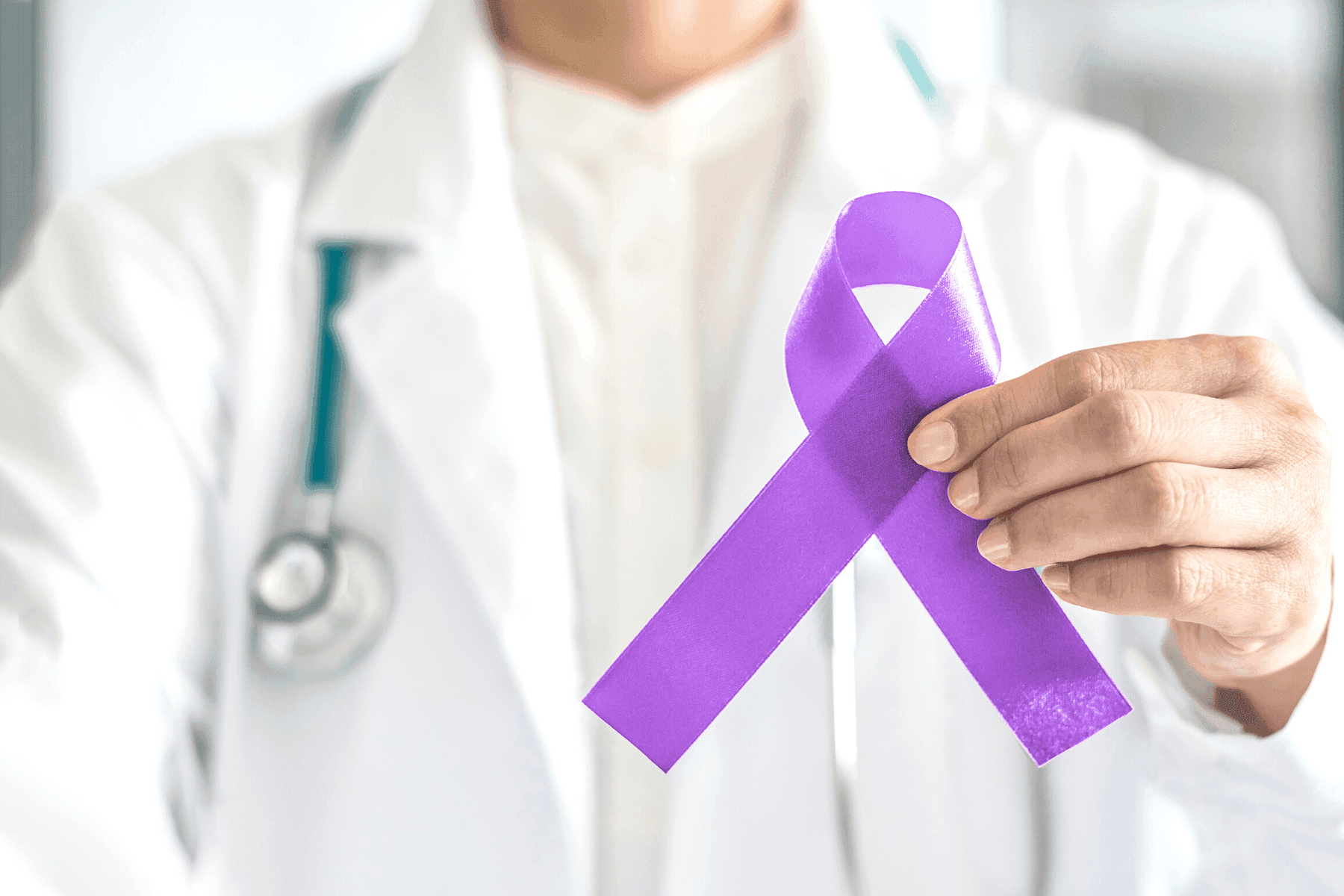
April 10, 2021
April is Testicular Cancer Awareness Month, and Athens Area Urology wants to help spread awareness with some facts and information about testicular cancer. Testicular cancer is the most common cancer diagnosed in men between the ages of 15 and 35. Although it is rare and only accounts for about 1% of all cancer diagnoses in men, it is still important to be proactive and take the proper precautions. Athens Area Urology encourages frequent check-ups, as well as understanding the signs and symptoms of this illness. We’ll discuss some steps you can take to detect and treat testicular cancer below.
Signs and Symptoms of Testicular Cancer:
The most common symptom associated with testicular cancer is swelling and/or discomfort in the scrotum. However, if you are experiencing any symptoms listed below, we encourage you to make an appointment with your doctor to get a formal examination.
Symptoms of Testicular Cancer include:
-
A painless lump or swelling in either testicle
-
A change in how the testicle feels
-
A dull ache in the lower abdomen or groin
-
A sudden build-up of fluid in the scrotum
-
Pain or discomfort in a testicle or the scrotum
Understanding your risk for testicular cancer is also an important part of being proactive with your health. According to the National Cancer Institute, a few factors that can increase your risk for testicular cancer. Many men diagnosed with this disease do not have these pre-existing risk factors, so it’s important to frequently conduct self-examinations and check-in with your doctor to detect testicular cancer early. Some risk factors include:
-
Having an undescended testicle
-
Experiencing abnormal development of the testicles
-
Having a personal or family history of testicular cancer
-
White men are also more likely than men of other races to develop this disease
Monthly self-examinations take only a few minutes and are critical for finding any unusual changes that may indicate a medical issue. Any observations you make should be discussed with your healthcare provider.
Here are some tips for performing a self-examination at home:
-
Find a time when the scrotum is relaxed, such as during or after a shower in a private space.
-
Place an index and middle finger under the testicle with the thumb on top, then firmly but gently roll the testicle between the fingers.
-
Examine the testicles for changes in color, shape, or swelling.
-
Contact a doctor immediately if you see or feel any bumps, lumps, or other changes are identified. Any pain during the process should also be discussed with your doctor.
Treatment Options
Advances in science and technology have vastly improved the treatment options available for testicular cancer. Because of this, the prognosis for testicular cancer is usually very promising, with some men fully recovered in a fairly short period of time.
There are five types of standard treatment, according to the National Cancer Institute:
-
Surgery
-
Radiation Therapy
-
Chemotherapy
-
Surveillance
-
High-dose chemotherapy with stem cell transplant
A common side effect of these treatments is infertility. Because of this, your doctor may recommend considering sperm banking before you begin the treatment process if you wish to have children in the future.
Testicular cancer is a rare yet very serious illness, but it is also very treatable. If you are experiencing any signs or symptoms discussed in this article, schedule an appointment at Athens Area Urology to speak with a doctor. Our mission is to provide the best care possible to help you through your health concerns. Visit our website to find out about the services we provide and for more information about testicular cancer treatment.
- Athens Area Urology
- Patients & Visitors